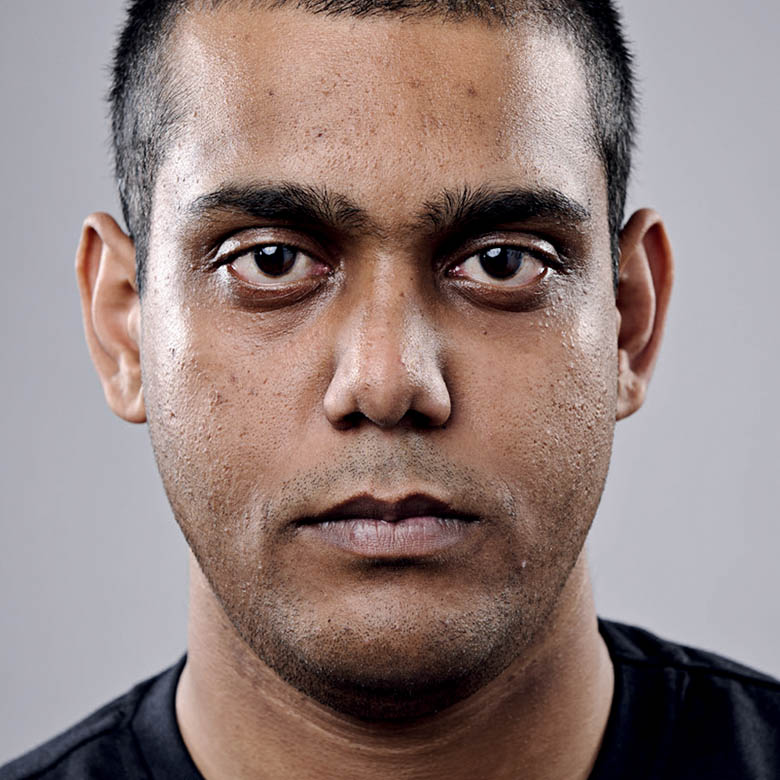Anyone can have sleep problems from time to time, like:
- trouble getting to sleep
- sleeping too much, or during the daytime
- waking up too early, or repeatedly through the night
Regularly drinking alcohol can make sleep problems more likely. If you have trouble sleeping, alcohol might seem to help in the short term, as it can make you feel more relaxed. But regularly drinking alcohol can make sleep problems worse.
Drinking alcohol can make you fall asleep more quickly. But having even a couple of drinks affects the quality of your sleep. This is because alcohol reduces the amount of deep sleep and REM sleep you get.
These are the kinds of sleep your body uses to heal and restore itself. This means that even if you do sleep through the night, you’re likely to feel tired and run down the next day. Drinking alcohol before bed also makes you more likely to need the toilet in the middle of the night, interrupting your sleep and making you feel tired the next day.
If you have trouble sleeping, or you often feel tired during the day, then reducing the amount you drink could help.
What else affects your sleep?
Alcohol can make a big difference to the quality of your sleep, but there’s more to it. It can be hard to pinpoint a single cause for sleep problems. They can be caused or made worse by:
- stress and worry
- pain and discomfort
- your diet and eating habits
- your exercise levels and daily routines
- the environment you sleep in
For that reason, sleep problems are unlikely to have a single fix. You may need to try making a few changes in different areas of your life to feel an improvement. The good news is that even small changes can make a big difference.
Improving your sleep
Here are a few things you can try to improve your sleep:
Cut down alcohol
One of the best ways to improve your sleep is to reduce how much alcohol you drink, especially in the hours before bed. Alcohol has the most impact on your sleep in the six hours or so before bed, so avoiding alcohol in these hours can help you get a better night’s sleep.
If you’re physically dependent on alcohol (or you think you may be) it’s important to get medical advice before cutting down. Speak to your doctor if you have any of these symptoms:
- shaking or trembling
- hallucinations (seeing or hearing things that aren’t there)
- feeling sick or vomiting
- sweating
- confusion
- racing pulse or heart rate
- seizures (fits)
Create a bedtime routine
Try to go to bed at roughly the same time every night. This will train your body to naturally feel sleepy at that time.Choose a time when you’re most likely to feel naturally tired. Try to keep to it, even if it’s hard to get to sleep at first. Avoid napping outside of bedtime, as this can make it harder to get to sleep in the evening.
Avoid caffeine
Tea, coffee and other caffeinated drinks make it harder to get to sleep. Avoid having these drinks in the evening. If a hot drink helps you get to sleep, you could try a caffeine-free drink like cocoa, hot milk or a malt drink instead.
Make your bedroom a better place for sleep
Make sure your bedroom encourages peace and relaxation. Try to control the temperature, lighting and noise to create a comfortable place to sleep. Try not to use your bedroom for anything other than sleep, like eating meals or watching TV.
This will help your brain to link your bedroom with sleep, making it easier for you to drop off. Avoid looking at screens, like mobile phones or TV, just before bed. The light from these screens affects the sleep chemicals in your brain, making you feel more awake.
Manage stress and worries
Stress and worries can play a big part in sleep problems. You can’t always avoid stressful situations, but there are simple ways to reduce your stress and feel better.Keeping a sleep diary
To help understand your sleep problems, consider keeping a sleep diary. This is a simple sheet you fill in each morning to record how well you slept. This will give you a useful record of how you’re sleeping and whether your sleep is improving. And if you ever need more help, a sleep diary will make it easier for a doctor or other professional to understand your situation.
What to record in your sleep diary
Don’t worry too much about giving exact answers: a rough answer will do.
- When did you go to bed last night?
- After settling down, how long did it take you to fall asleep?
- After falling asleep, about how many times did you wake up in the night?
- After falling asleep, for how long were you awake during the night in total?
- When did you finally wake up?
- When did you get up?
- How long did you spend in bed last night (from first getting in, to finally getting up)?
- How would you rate the quality of your sleep last night?
When to see your GP
If your sleep problems don’t improve, make an appointment with your GP. This is especially important if your physical health, pain or discomfort are affecting your sleep. Your GP will be able to offer other suggestions, advice and treatments to help you get a good night’s sleep.







